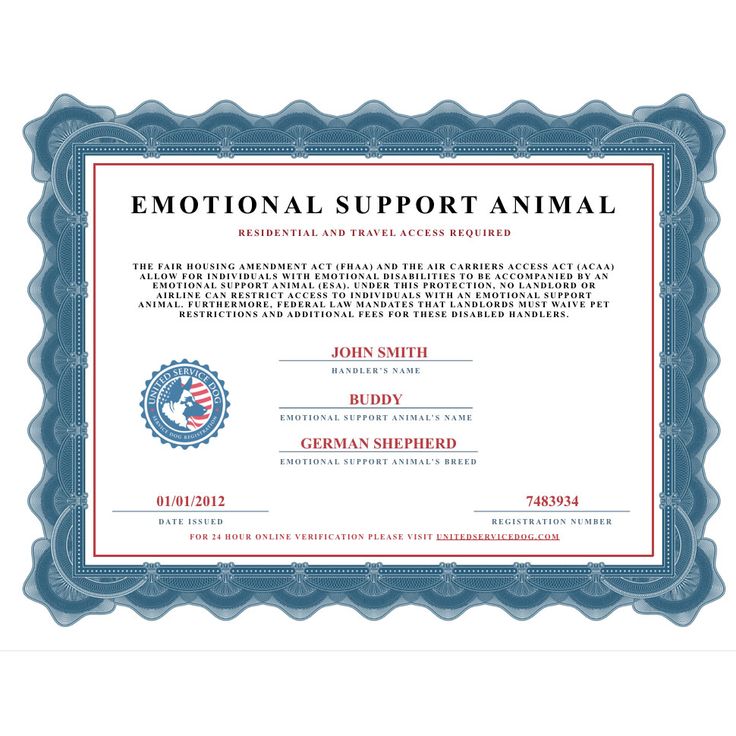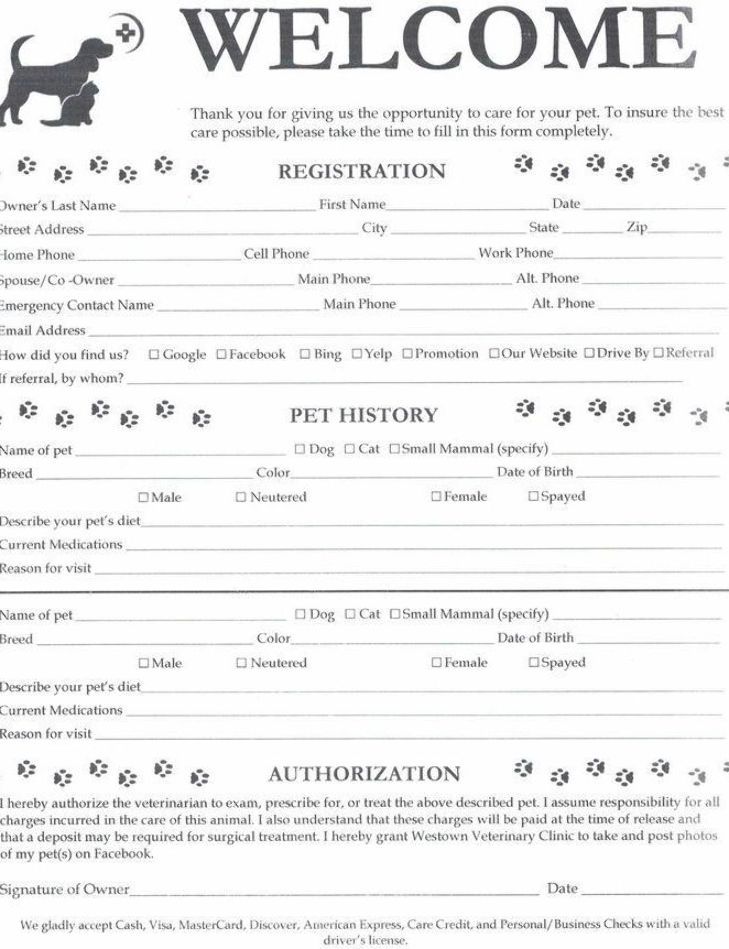Do You Need Paperwork for a Service Dog?

When contemplating the addition of a service dog into one's life, many potential handlers or those considering the support of a service animal often find themselves pondering about the legal requirements, particularly the need for paperwork. Let's navigate through the legal landscape regarding service dogs and the documentation that might or might not be required.
The Legal Framework for Service Dogs

The foundational aspects of service dogs in the United States are governed by key pieces of legislation:
- Americans with Disabilities Act (ADA) - This law allows service dogs access to public places with their handlers.
- Fair Housing Act (FHA) - Ensures that housing providers accommodate service dogs.
- Air Carrier Access Act (ACAA) - Provides regulations for service animals on airplanes.
Documentation Under the ADA

Interestingly, the ADA has a minimalist approach regarding paperwork:
- No Formal Certification Needed: Service dogs don’t need any formal registration or certification. The ADA doesn’t require handlers to provide documentation proving their animal’s status.
This regulation allows handlers to focus more on the training and functionality of their service dog, rather than on administrative tasks.
Access Rights and Paperwork

While the ADA frees handlers from the need for paperwork, other scenarios might require documentation:
- Landlords and Housing: Under FHA, landlords can ask for verification of the disability-related need for a service dog.
- Traveling by Air: Airlines might request specific documents like a DOT form or a letter from a healthcare professional.
- Educational Institutions: Colleges or universities might need medical documentation to provide accommodations.
Types of Documentation

When documentation is necessary, here are some common types:
| Type | When Requested | Contents |
|---|---|---|
| Letter from a Healthcare Professional | Travel, Housing | Confirmation of disability, necessity of the service dog. |
| Department of Transportation Form | Air Travel | Flight-specific, proving the service dog’s training and behavior. |
| Service Dog Identification Card | Varying | Voluntary card issued by organizations or trainers for identification. |

🐾 Note: While these documents can be helpful, they are not required universally under the ADA for public access rights.
Training and Behavior Expectations

Although paperwork isn’t necessary for ADA compliance, a service dog must:
- Perform specific tasks related to the handler’s disability.
- Be well-trained to ensure public access does not cause disruption or harm.
🐾 Note: Non-compliance in behavior can result in denial of access.
Voluntary Registration and Certification

Despite no legal obligation, handlers might opt for:
- Voluntary Registration: Some states offer registration for service dogs, although it’s not a requirement for legal access.
- Public Access Testing: Organizations can conduct tests to assess a service dog’s training level and public behavior.
- Certification Programs: Third-party certification can provide handlers with additional comfort and acceptance.
Many potential handlers find this pathway reassuring, even if it's not a strict requirement.
Understanding the nuances of service dog laws can empower individuals to assert their rights effectively. Remember, while documentation might not be required under the ADA for public access, other scenarios in housing, education, and travel might demand it. Service dogs are more than pets; they are vital tools for independence and improved life quality, and ensuring their access rights involves both a knowledge of the law and preparation for potential requests for documentation. Ensuring the training and behavior standards of a service dog remain paramount, as they are the true foundation of legal rights and access privileges.
What are the differences between service dogs, emotional support animals, and therapy animals?

+
Service Dogs are trained to perform tasks for individuals with disabilities, and have public access rights under the ADA. Emotional Support Animals provide comfort to alleviate emotional distress but have fewer access rights. Therapy Animals offer therapeutic benefits in clinical or community settings but aren’t granted public access like service dogs.
Do I need to register my service dog?

+
No, registration isn’t required by the ADA. However, some states offer optional registration or ID cards for service animals, which can be useful but do not confer legal rights.
Can businesses or landlords ask for documentation for my service dog?

+
Under the ADA, businesses cannot ask for documentation to verify a service dog’s status, but landlords can request medical documentation to justify the need for a service dog in a housing scenario.